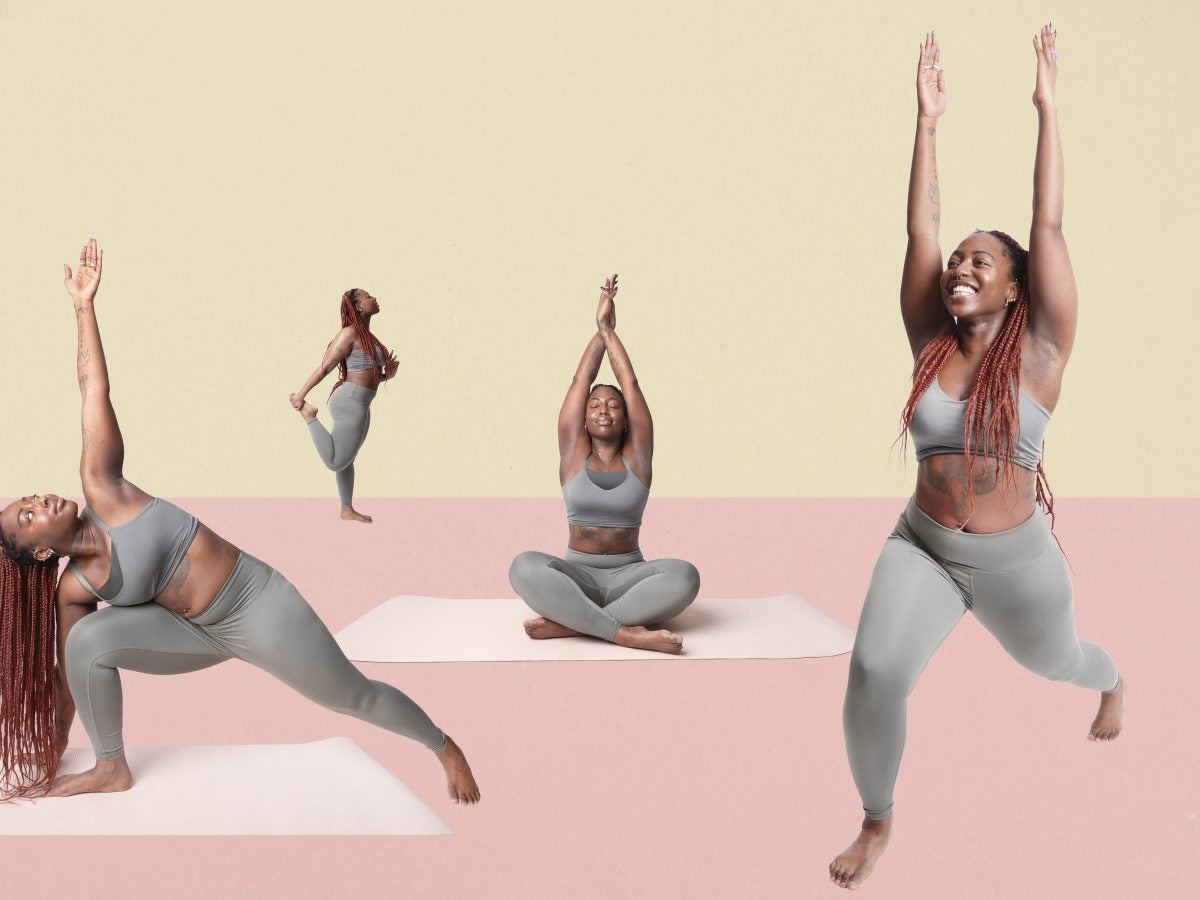
The new year inspires improved habits. Whether you want to work on cultivating more hobbies or spending quality time with loved ones, the key to having a plan and acting on it — especially when working out consistently in 2025. The key to keeping up your stamina when it comes to working out is getting enough rest so your body can recover from previous sessions.
According to fitness expert and founder of wellness brand Gym Hooky, Ariel Belgrave believes in getting a good night’s sleep when meeting your fitness goals. “Sleep is one of the most underrated tools for fitness success. During sleep, your body repairs and rebuilds muscles after workouts, which is important for making progress. Good sleep also helps regulate hormones that affect your appetite, energy, and stress levels. So when you’re well-rested, you’re more likely to feel energized for your workouts, make healthier food choices, and recover much faster,” she says.
But how much sleep should one get to crush it in the gym? According to Dr. Magdala Chery, most adults need seven or more hours of sleep each night. It’s important to get good-quality sleep regularly so you feel rested. “While there isn’t a strict upper limit for sleep, some people may benefit from sleeping more than nine hours per night. This includes young adults, those recovering from sleep deprivation, and individuals with illnesses,” Chery states.
But how can we start to prioritize sleep? Belgrave suggests starting a nighttime routine that signals your body that it’s time to wind down. “Keep your bedroom cool, dark, and free of distractions like phones or televisions. You can also incorporate tools like blue light-blocking glasses, sleep-tracking apps, or melatonin supplements (if a doctor recommends them) into your routine to improve the quality of your sleep. If you’re someone who is struggling to get quality sleep, consider talking to a healthcare professional to rule out sleep disorders like insomnia or sleep apnea,” she suggests.
Also, regular exercise can improve sleep quality. Chery suggests trying both aerobic and resistance exercises can improve sleep. However, you should avoid exercising too close to bedtime. Additionally, sufficient sleep allows muscle tissue to recover between workouts and provides the energy needed to exercise. It’s best to be mindful of sleep deprivation before starting any workout, as it can lead to less physical activity during the day and reduced muscle strength during workouts.
According to Chery, getting a good night’s rest before strenuous activity can help you maintain a healthy weight, as sleep deprivation affects hormones that control hunger, often leading to overeating and a preference for high-calorie foods. Lastly, getting enough sleep can also help you stay at a healthy weight and allow you to think more clearly.
8 Ways To Medically Prioritize Sleep From Dr. Chery:
Create a consistent sleep schedule by waking up at the same time every day, even on weekends. Calculate a target bedtime based on your wake-up time.
Develop a relaxing bedtime routine, such as reading, light stretching, listening to calming music, or meditation.
Create a bedroom designed for sleep. Keep it dark, quiet, and calm. Use blackout curtains, an eye mask to block light, earplugs, or a white noise machine to reduce noise. Remove clutter and keep electronics out of the bedroom.
Avoid caffeine and alcohol, especially later in the day. Limit caffeine to earlier in the day, and don’t drink alcohol within 3 hours of bedtime.
Get regular physical activity and spend time outdoors during the day to help regulate your sleep-wake cycle.
If you can’t fall asleep after 20 minutes, get out of bed and relax in low light until you feel sleepy.
Consider sharing a sleep diary with your doctor, who can suggest routines or treatments for sleep disorders.
Understand that poor sleep hygiene can negatively impact the quantity and quality of sleep. Focus on consistent schedules, bedtime routines, healthy daily habits, and a good sleep environment.
